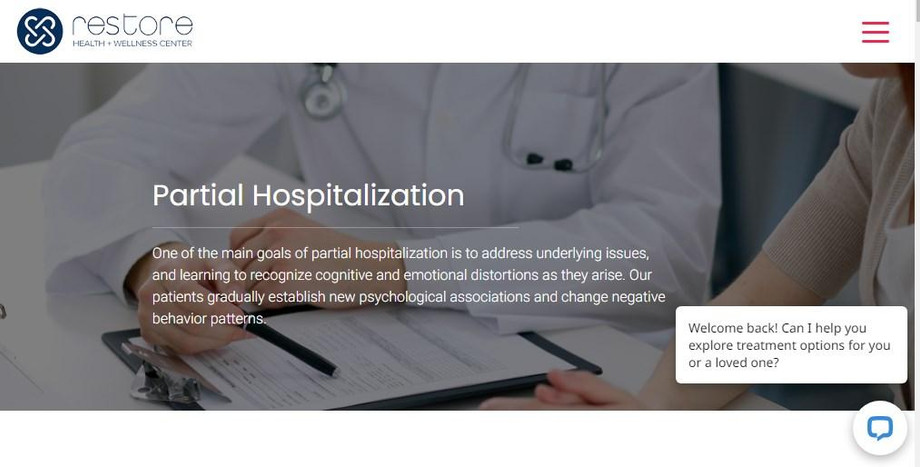Classification of Addiction Treatment Programs
Treatment programs are constantly evolving and diversifying. Many people do not fit into the traditional addiction treatment classifications. However, the majority of programs begin with detoxification and medically supervised withdrawal, which is generally regarded as the first stage of addiction treatment.
Detoxification is the process by which the body rids itself of substances that an addicted patient has become dependent on. It is intended to treat the acute and potentially dangerous physiological effects of abstaining from substance abuse. Detoxification, on the other hand, does not address the psychological, social, and behavioral issues associated with addiction and do not result in long-term behavioral changes. Restore Health & Wellness’s Inpatient Drug Rehab Hospital Canoga Park program, Residential Addiction Treatment Los Angeles programs, and opioid rehab centers emphasize that detoxification must be followed by a formal assessment and comprehensive addiction treatment.
The Different Types of Treatment Programs for Addiction
The different types of treatment programs for addiction care, are residential treatment, intensive outpatient rehab, partial hospitalization, outpatient treatment, and sober living.
- Residential Treatment Program
A residential treatment program offers a level of care that necessitates clients to live full-time at a rehab facility for the duration of the program. It usually begins once the client is no longer in immediate danger, their body has detoxed from drugs and alcohol, and specialized addiction professionals have tailored a treatment plan to the individual's specific needs. See Restore Health & Wellness’s Residential Addiction Treatment Los Angeles program for more information on this.
- Intensive Outpatient Rehab Program
Intensive outpatient programs are commonly used to treat a variety of substance use disorders, such as alcoholism, prescription drug addiction, and illicit drug abuse. Other contexts, such as eating disorders, anxiety and panic disorders, depression, self-harm, and other forms of mental illness, have found the programs to be effective. Because intensive outpatient rehab programs are small in scope, they do not necessitate the extensive residential or partial hospitalization rehab services provided by the majority of rehab treatment facilities. Individual treatment programs are available for 10 to 12 hours per week, and the programs typically last 30 days.
The level of clinical care required is usually determined by the individual, the substance of addiction, the extent of misuse, and the presence or absence of a mental illness. Check out Restore Health & Wellness’s Intensive Outpatient Program Los Angeles for more information on intensive outpatient rehab programs.
As the client would have begun in medically assisted detoxification, the partial hospitalization program is typically the third phase of addiction treatment. Clients admitted to this phase may have successfully completed detoxification and stabilization in the residential level of care, are no longer in medical danger, and can actively and cognitively participate in the healing process.
- Outpatient Treatment
Outpatient treatment differs from residential rehab in that the client is not expected to live at the rehab facility. When compared to the residential option, outpatient treatment generally provides more scheduling flexibility. More information about outpatient treatment programs can be found by clicking here.
- Sober Living
In the world of addiction treatment, people suffering from addiction have a variety of recovery options from which to choose. Many addicts who finish a residential or outpatient treatment program choose to transition into sober living before returning home to live independently. Sober living, also known as sober living communities, provides multi-tiered treatments for people who require extra help to stay away from the substances to which they are addicted. Rehab centers typically provide homes with stable environments for those who require additional rehabilitation through sober living to continue on their recovery journey.
Need More Information About The Types of Addiction Treatments?
Contact Restore Health & Wellness by calling (818) 405-8656 or by clicking here for further guidance.











Comments